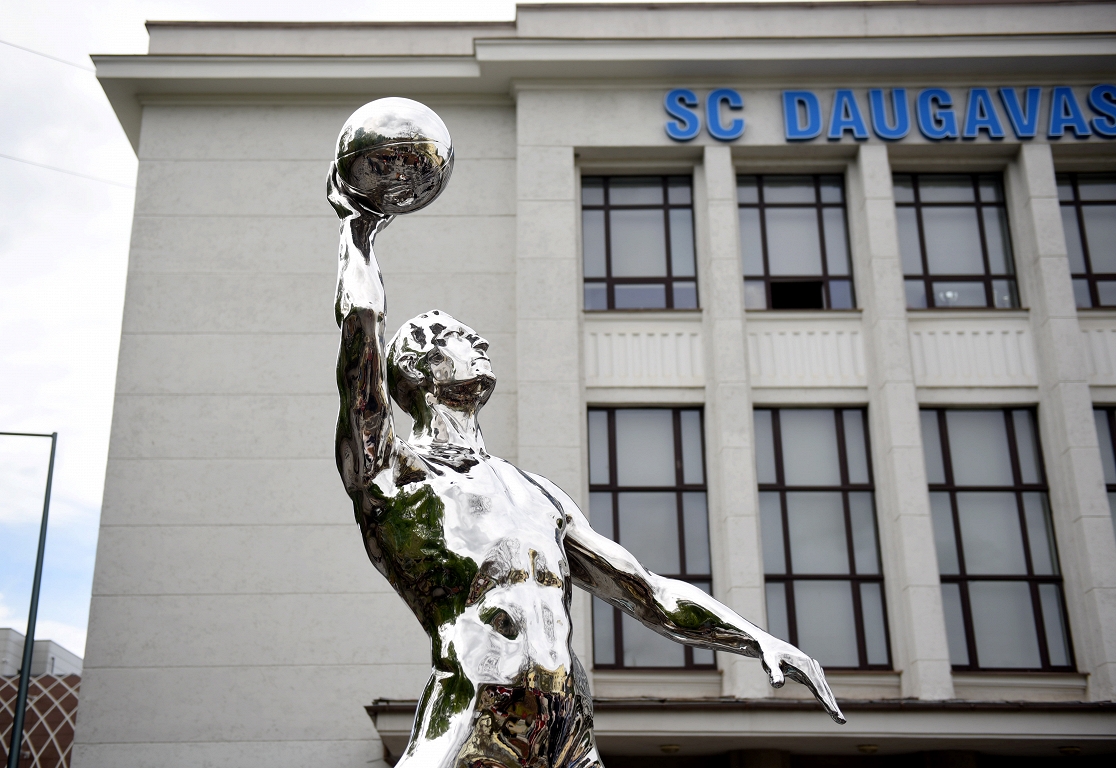« From the stubborn to the present through the measure of the past »

« Pain comes later » by Antony Apostolova
« Jeanette 45 », 2025
This book can be written, as for any other, in many ways. We can say that it is a family saga, which, along with revealing interpersonal relationships in generations, opens the door to existential, philosophical, historical -political issues. And what is said will be true. But what I echoes to me when reading this volume of 525 pages of Roman is the tenderness, delicacy and humanistic nuance.
It was so difficult for the forgiveness with the book aroma, with the suede on the page
The title of my text is a sentence from the book. Whether it is compatible tenderness and delicacy with the point of view. Yes – and Antony Apostolova does it. Antony Apostolova often speaks and uses oxymoronS This is no accident. There is a lot of potential in oxymoron because it rounds the incompatible.
It’s nice when you don’t know what’s next
The incompatible is very often in our lives. Because it is also a physical law. And, perhaps, because I’m talking about reconciling the incompatible, so it is possible for the honest, directly, from persistent speech along with tenderness, delicacy and humanistic nuance.
I also liked the title of the novel. The pain really comes later. When we hit ourselves physically or mentally, we are numb and we feel nothing. Later, we begin to feel, we realize, we make sense of the pain.
| The title of the novel is actually the last line of a poem of one of the most famous Jewish poets Jehuda Amihai. |
In this novel, the darkness and light alternate in the fiction. Whether it will be that every person of Jewish origin carries in his soul his own and his own Holocaust, as well as sunspots, such as Rembrandan light, illuminate the picture with the idea of endurance, humanity and tolerance.
The other thing that distinguishes this novel is its cinematography. The talented deployment of the plot by Antonia Apostolova, brings the narrative to the classic manner and patterns of the syncreticity of cinema.
The book is in three parts: « After/IRIT/ », « Then/your mother/ », « Before/Laura/ ». Retrospective storytelling has long been a well -established way to enrich the narrative with associative relationships from previously experienced events. Antony Apostolova’s statement is distinguished by a particularly non -standard metaphorism.This metaphorism makes the characters recognizable and gradually boldly applied, like in drawing, overlapping.
« Murder of Stamboliyski Boulevard or novel Textbook of Contemporary Society Science
Particularly contributes to the recognizable imagery, the characteristic way of verbal expression of the characters. If, for example, one of the main characters who is a specialist in eye diseases, there is a habit of expressing himself accurately and coolly in front of the patient, so is the same in his daily relationships. This makes her unique and unusual, as an image. Even in the scenes of intimacy between her and the protagonist, she has her characteristic peculiarities. This shows the exhaust restraint, mastery and some distanity of the heroine.
The metaphors that their marriage is like her textbooks or would have been like his grandfather’s washing machine for decades – « eternal » maybe just tell us the opposite – the feeling of how fragile this coexistence is.
Antonia Apostolova deploys a narrative schematically drawn rhodoster tree. And if, in the temporal and logical expression of kinship relationships, they are simply making connecting lines, the novel is a knit of various feelings, thoughts, memories and associations. At times, this knit passes into a hard -to -splash ball, which sows on the throat and becomes difficult to breathe and swallow.
The monological form of sharing the protagonist to his son makes the novel an intimate experience. The book begins with a divorce. Then this letter will be born, revealing the joint cohabitation with another woman before his son’s mother. A mutual ignorance of their lives for each other will settle between father and son.
As the protagonist puts it, he is almost a recidivist in divorces. The father will tell the son, « You in turn have been released from the debt to witness my loss, failure, aging, end. » Will the paradox be born then that We love what is somewhere else. This marriage turned out to be a trap.
As I said, the metaphors in this book are full. When the son will read this letter, he will no longer be a child, the child’s hand will grow up and grown up and, of course, will always squeeze the line of life drawn in it.
| A disintegrated marriage will also be an occasion for existential reflections on going to nothingness. As well as national differences in the perception of the physical end. The summary is required that the rituals are different. In Israel, this is crowded, noisy, mobile. A lot is eaten in the mourning days. In Bulgaria, it is like a confusion not to disturb your afternoon nap. And as if this is a contagion. |
And from here on, the whole family tree is scattered. Antonia Apostolova will sculpt a lot, let’s call them, secondary characters, there will be many conversations about culture, literature, and this novel will become a panorama of generations of Jewish families.
| Many of the passages sound like sentiment and are special accents in the widely spilled river. For example, it was customary when someone is a moan, to answer it that it is insignificant, compared to being in a camp. Indeed, everything in the lives of these families is marked by a historical-political civilizational drama that really marks even everyday life. |
Antony Apostolova’s talent may also be expressed with one of her phrase that there is no bigger cliché than the intellectual family. Antonia Apostolova’s subtle and insightful observations of numerous families, once again, prove her craftsman as a storyteller. Here we seem to have the family sagas of Budenbruts or Alitiers. Classics and at least specific rarity and psychology. Through the words of one of her characters, the author will say, « I convey it so detailed, because it is the details that are important in these endless stories! »
| And the biblical context Antonia Apostolova will express in an unconventional and wise way: “The Holocaust was probably the abbreviation of the forties wandering through the desert through which the brunt of bondage had to breathe. A collective version of the heroic martyr. the coming of the Messiah. « |
Why was it necessary to extend this so personal and at the same time a ubiquitous saga. Antony Apostolova tells us: « You can’t tell anything without telling everything else. »











